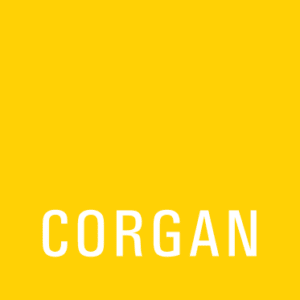Case Studies
Case Studies
Dallas Region employers share their successful actions and strategies to increase diversity, equity, and inclusion at work.
Making Culture of Authenticity an Employee Value Proposition
Creating Comprehensive Approaches to Increasing Diversity
Tips from Dallas Region Employers
We spoke to more than 30 Dallas Region employers to uncover keys to success when hiring the best talent.

- Raise your standards: Instead of using the same dated job description, encourage hiring managers to think critically about skills required for the role
- Create partnerships not transactions: Create mutually beneficial relationships with organizations and campuses (e.g., speakers, events, funding, etc.) to build a reputation as a strong champion for DEI
- Facilitate belonging: Galvanize your internal networks and create intentional onboarding experiences to ensure new hires feel welcomed and supported
- Set measurable, realistic goals: Measure your baseline performance and determine goals for improvement; consider industry data and deploy both short-term and long-term strategies (More resources available in Measuring Impact section)
- Diversity, Equity, and Inclusion (DEI) is a journey not a program: Employers feel a sense of urgency for results, but this isn’t just about numbers; empower employees with tools and roles to create systemic change within the organ
Tips From Pipeline Partners
We interviewed colleges and nonprofit organizations to gain insights on how to attract their talent.

- Focus on skills: Shift emphasis from GPA or college degree requirements to measurable, relevant skills for the role to expand the possible talent pool
- Expand beyond learning institutions: Consider upskilling organizations, coding schools, or other organizations as sources for diverse talent
- Equip talent for success: Continually support candidates throughout the recruitment process (early involvement, application workshops, mock interviews) to thoroughly prepare them for the company environment
- Recruit for “careers” versus “jobs”: Position employment at your organization as a long-term opportunity and provide employees with support beyond their salaries (transportation aid, childcare)
- Grow diverse talent after hiring: Place new hires with people developers who will provide them with feedback, clear expectations and learning experiences to ensure a positive experience and their continued growth
Learning From Candidates
A live data gathering session at the 2021 Black Tech Symposium shed light on opportunities for recruiters and hiring managers to create a candidate experience that converts.

46% have applied to and not been interviewed for tech jobs they were qualified for
54% lost out on jobs because they were told they were not a ‘good fit’
Heard from Candidates
- “Meet talent in the places where they are living or educated”
- “Stop saying [diverse] talent doesn’t exist”
- “Focus on creating environments where the talent can show up as their best self”
Creating opportunities for candidates to feel seen can improve the candidate experience. Providing actionable feedback to candidates who were not selected can increase goodwill and leave the door open for future opportunities.





